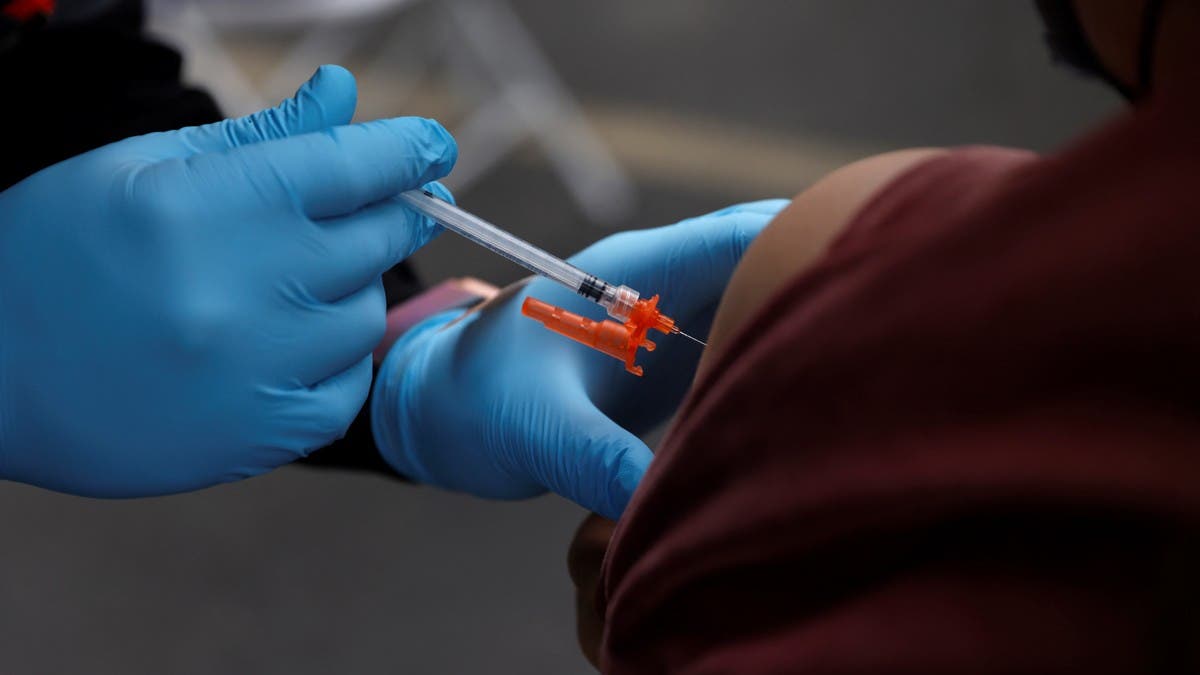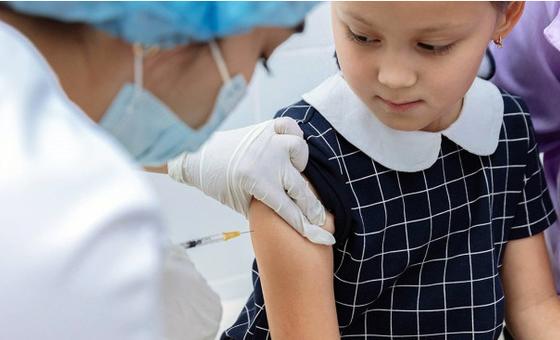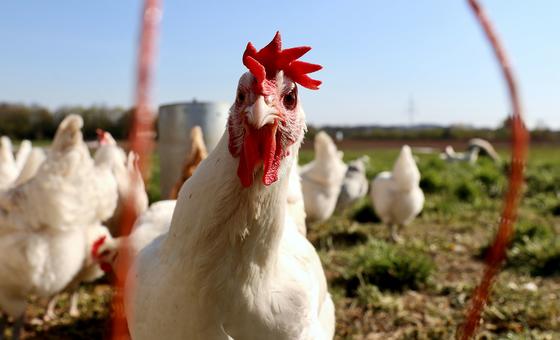German vaccine maker BioNTech, which developed the first widely approved shot against COVID-19 together with Pfizer, unveiled plans Wednesday to establish manufacturing facilities in Africa that would boost the availability of much-needed medicines on the continent.
The modular design presented at a ceremony in Marburg, Germany, consists of shipping containers fitted with the equipment necessary to make the company’s mRNA-based vaccine from start to finish, save for the final step of filling doses into bottles.
Read the latest updates in our dedicated coronavirus section.
BioNTech has been criticized by some campaign groups for refusing to suspend its vaccine patents and let rivals manufacture the shots as part of an effort to make them more widely available, especially in poor countries. The company argues that the process of making mRNA vaccines is difficult and it prefers to work with local partners to ensure consistent quality of the shots worldwide.
The first turnkey facility will be shipped to either Senegal or Rwanda in the second half of this year, BioNTech said. It aims to start production of up to 50 million doses of vaccine a year there within 12 months, pending approval from local regulators.
BioNTech said the system, which consists of 12 containers, can be easily scaled up in future and modified to manufacture vaccines against other diseases that occur widely in Africa, such as malaria or tuberculosis, when they become available.
The head of the World Health Organization, Tedros Adhanom Ghebreyesus, welcomed BioNTech’s plan to increase vaccine production on the continent, saying it would complement the global body’s own effort to foster use of mRNA technology in South Africa and elsewhere.
WHO took the unusual step last year of teaming up with local companies and scientists to essentially replicate the mRNA-based COVID-19 shot made by US company Moderna.
BioNTech said it will initially staff and operate the facilities but later transfer the know-how to local partners to enable independent operation.
For the latest headlines, follow our Google News channel online or via the app.
Vaccines made there would likely be for use in the country and other African Union states at a not-for-profit price, it said.
Despite efforts to provide millions of doses of COVID-19 vaccine to Africa through an international donor mechanism, only about 11 percent of the population on the continent has received the shot, compared to the global average of about 50 percent.
“Given the emergence and spread of variants, the pandemic will not be over until it is over everywhere,” Michel Sidibe, the African Union’s special envoy for the African Medicines Agency. “This initiative hopefully expands mRNA vaccine production in Africa.”
Read more:
Oxford University scientists to study impact of COVID-19 variants, jabs on pregnancy
Canada's Trudeau invokes emergency powers to quell protests
Unvaccinated Djokovic could skip French Open, Wimbledon if asked to take jab


 World2 years ago
World2 years ago
 World2 years ago
World2 years ago
 Entertainment7 years ago
Entertainment7 years ago
 World7 years ago
World7 years ago
 Entertainment7 years ago
Entertainment7 years ago





